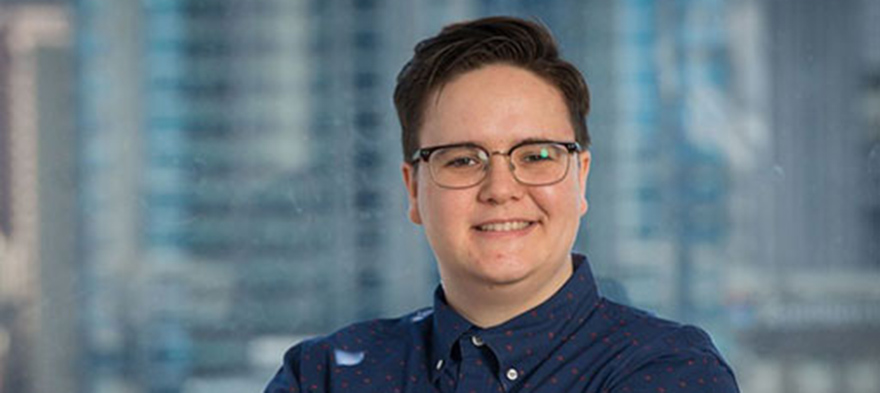
E.M. Miller was a OneGoal program director at Chicago Academy High School before becoming a OneGoal–Chicago director of teacher support, focusing on Year 3 and helping high school graduates successfully transition into college. They are a member of OneGoal’s LGBTQ+ Affinity Group.
The fight for educational equity has never been just about schools. The real North Star for this work is providing opportunities for each child to thrive into adulthood. This means that our advocacy...
Your donation will support the work we do at brightbeam to shine a light on the voices who challenge decision makers to provide the learning opportunities all children need to thrive.
Ed Post is the flagship website platform of brightbeam, a 501(c3) network of education activists and influencers demanding a better education and a brighter future for every child.
© 2020–2024 brightbeam. All rights reserved.